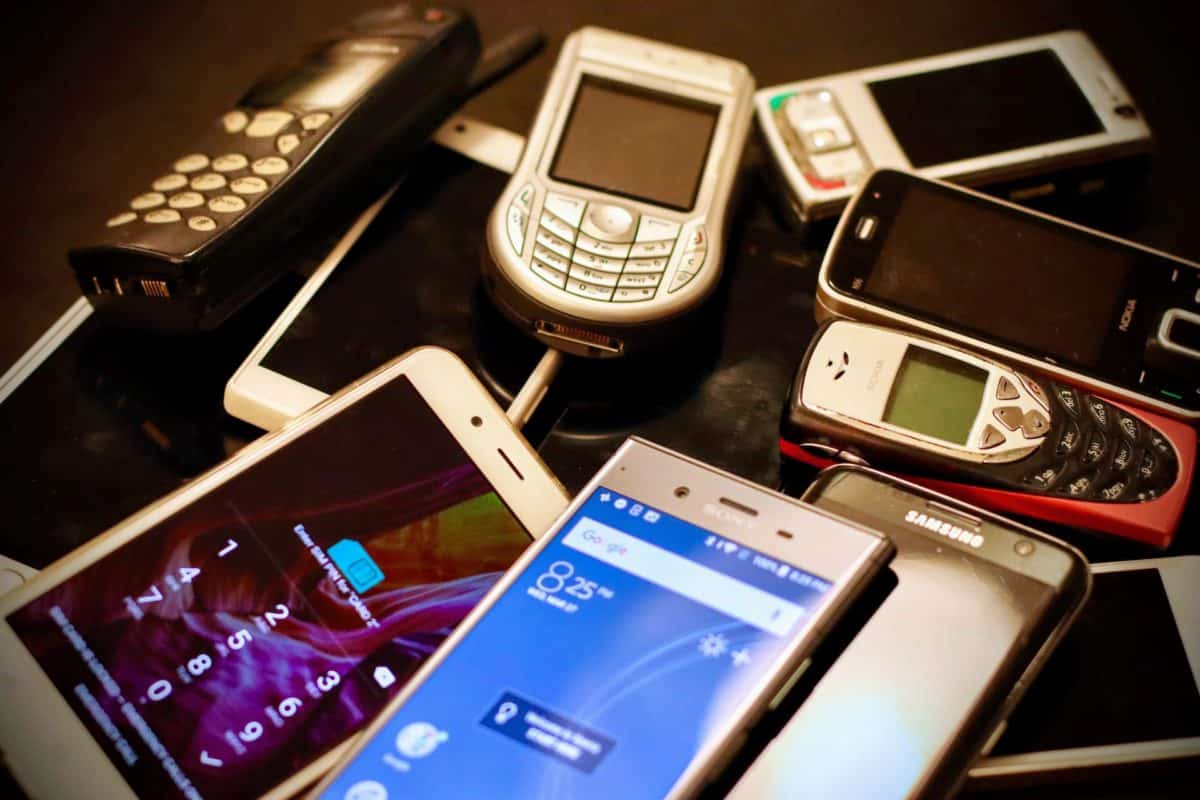What Is E-Waste and What Can You Do with It? Pt. 1

In today’s world, we rely heavily on electronics for almost everything. Electronics have become an integral part of our lives, from smartphones to laptops to televisions to refrigerators. But even though electronics are built to last, they’re not built to last forever.
Every electronic device has a limited lifespan, and each device’s life expectancy depends on its design, construction, and the quality of its components. It’s important to understand that even the highest-quality electronics will eventually break down and must be replaced.
The life expectancy of electronics can vary greatly. For example, a laptop computer may last up to five years, while a television may last up to ten. In general, the life expectancy of most electronics is usually between three to five years. However, some devices may be designed to last even longer, depending on the manufacturer and the components’ quality.
In today’s article, let’s explore electronic waste and what you can do with it. Here’s what you need to know:
What Is E-Waste?
Electronic waste, also referred to as e-waste, is any type of electronic device or component that is no longer useful or wanted. This includes computers, televisions, cell phones, tablets, printers, and other electronic items. It is estimated that over 50 million tons of electronic waste are generated yearly, most of which end up in landfills or incinerators.
The problem with electronic waste is that it contains toxic chemicals and heavy metals, such as lead, mercury, and cadmium. These toxins can leach into the ground and water supply, causing serious environmental damage. In addition, many of these materials are not biodegradable, meaning they will remain in the environment for a long time.
How to Reduce Electronic Waste?
One of the best ways to reduce e-waste is to reuse or recycle it. Many communities have local electronics recycling centers where you can drop off old devices. This ensures that the materials are disposed of properly and can be used to manufacture new products.
1. Buy Used Electronics
Buying used electronics is a great way to reduce e-waste. Many used electronics are still in good condition and can be repurposed for various uses. You can find used electronics in stores, online, or through private sellers.
2. Donate Old Electronics
If you have old electronics in working condition, consider donating them to a local charity or recycling center. Not only will you be helping someone in need, but you’ll also be preventing the e-waste from ending up in a landfill.
3. Repair and Upgrade
Instead of buying a new device, try to repair or upgrade the existing one. Simple upgrades such as new RAM or a new processor can bring new life into an old device.
4. Recycle Properly
When disposing of an electronic device, recycle it properly. Most electronics contain hazardous materials that must be disposed of safely and responsibly. Contact your local waste management agency to find your area’s proper disposal procedures.
5. Buy Rechargeable Batteries
Rechargeable batteries are becoming increasingly popular and can be a great way to reduce e-waste. Using rechargeable batteries reduces the need to buy and dispose of single-use batteries constantly.
The Bottom Line
Although electronics are built to last, they’re not built to last forever. Therefore, it’s essential to understand the life expectancy of each device and take the necessary steps to keep them running for as long as possible. By doing so, you’ll be able to get the most out of your electronics and ensure that you get the most value for your money. On top of that, you contribute to lessening e-waste!
If you’re looking for an electronic recycling center, we can help you. At Atlanta Green Recycling , we have a convenient and cost-effective e-waste disposal service that will meet your requirements. Our services are tailored to help organizations dispose of their e-waste hassle-free! We provide complete sustainable, cost-effective solutions for recycling and disposal of electronics. Contact us today to learn more and get started!